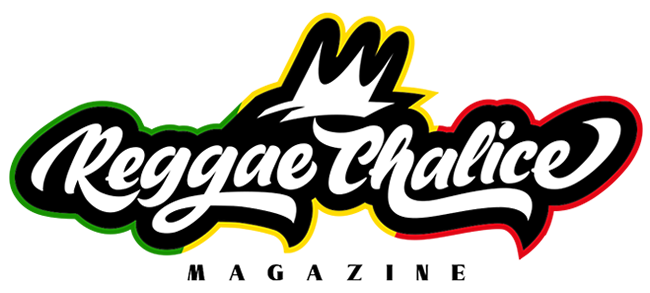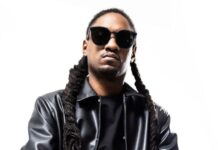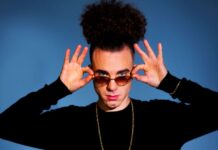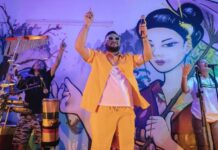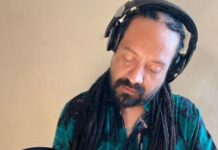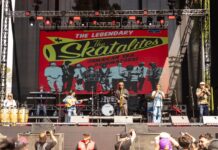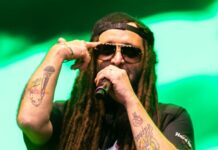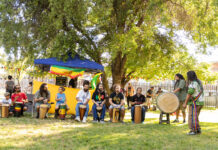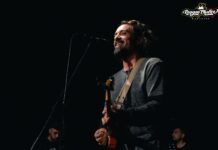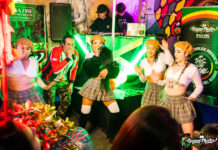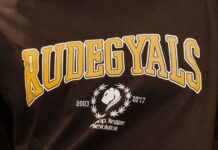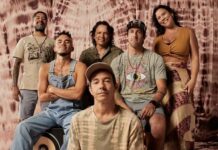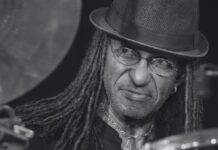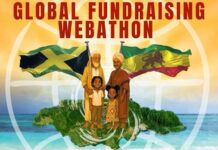- Since his confinement in Kingston, The musician talks to a Chilean newspaper about the reissue of the album that made him a star ago 20 years. further, He remembers the beginnings of his career with the Panamanian El General and advances his new plans with Sting.
How does an artist whose music is synonymous with partying face the pandemic and confinement?, beach and Caribbean vibe? “I always try to look at the glass half full.”, Shaggy account (51) on the other side of the screen, sitting in front of a grand piano in one of the corners of his bright house in Kingston. “Not being able to go on tour has affected us a lot., that sucks. But this has also allowed me to be more at home., "Be able to stop and smell the roses and have more time for my children.".
Nothing ever seems to go wrong in the life of Orville Richard Burrell, the great pop figure that Jamaican music saw born in the 90, who today takes advantage of the forced break to continue working remotely with Sting -his great ally of recent years-, turn your latest single (”Banana”) in phenomenon of the Tik Tok platform and launch an anniversary edition ofHot shot(2000), the album with which he broke the rankings two decades ago and helped popularize other rhythms from his native island. Even some directly related to the now omnipresent Latin reggaeton.
“I didn't want a remastered version of the album so I ended up making new versions of the best-known tracks, como ‘Angel’ e ‘It wasn’t me’, so that younger people could experience what those songs were at the time but with a current vibe. I experimented with trap, reggaeton, afrobeat y hip hop, with young producers who helped me create more contemporary versions of those hits. And I am very happy with the result, I think that's what we need in these times.", Explain.
-when it came outHot shot the rankings were dominated by Britney Spears, the boybands and Limp Bizkit. Was what that album proposed revolutionary??
-Yes, it was a revolution, changed the rules. Not only did it open the doors of the mainstream to the dancehall genre and other artists like Sean Paul., It also opened the doors to reggaeton, made it become a more accepted sound outside the Latin market. I think that Hot shot was fundamental in that sense. That Ozuna called us to do 'China' (con un sample de ‘It wasn’t me’) It was a clear indicator of the impact the album had on that genre..
-Even in its name, reggaeton has Jamaican roots..
-Clear, The rhythmic pattern of reggaeton is the dembow, which comes from a Shabba Ranks song that was called like that (‘They bow’, 1990). I tell you more: At the beginning of my career I used to hang out with El General. The General is a very good friend of mine, we went to the same school together, the Erasmus Hall in Brooklyn, we moved through the same circuit of Latin music clubs in uptown Manhattan. It's incredible to have seen everything that happened with him. At that time El General covered Shabba Ranks, Later he took over the Latin market and today he is considered the godfather of a genre that has grown a lot..
-About musical allies, Sting also collaborates on his new album. Do you have any more music or tour plans together??
-Sting has been fundamental in this album and in songs like Electric avenue, what was your idea. Many of these songs were recorded backstage at our shows in Los Angeles.. I set up a studio in one of the dressing rooms and he usually appeared there to record some voices or have some gin and tonic.. Sting is still a key person for me and we are always making music together, We have a lot of material that we haven't released and we are going to do new things. Now he is working on something new that I will also be involved in behind the scenes, a project that will become an album.
-The new edition ofHot shot was launched with a virtual show. Do you like acting in that format?
-I'm not a big fan. I do it because I have no choice at the moment but, being sincere, I would rather be back in front of the public and receive that energy.
Source: Cult of the Third
